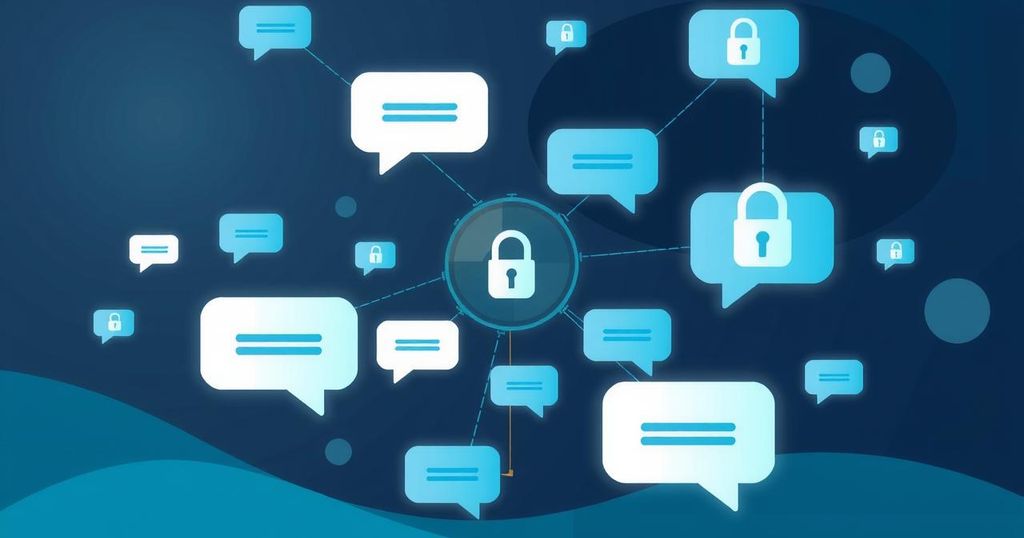Revelations on Secret Signal Chats: National Security Concerns Emerge

A report reveals that Mike Waltz created at least 20 additional secret Signal chat groups concerning national security issues, following the leak of a chat pertaining to the Yemen attack. The leaked chat exposed sensitive operational details and led to scrutiny of the Trump administration’s handling of classified information. Amid growing controversy, calls for an investigation into these practices and potential security risks have emerged.
Recent reports indicate that U.S. National Security Advisor Mike Waltz and his team established at least 20 additional secret Signal chat groups, beyond the one that was recently leaked, which discussed sensitive national security topics. Notably, these groups were created to facilitate discussions on critical matters such as the Russia-Ukraine conflict, the situation in Gaza, and security concerns surrounding China, among others. This information was reported by Politico, following the embarrassing leak concerning U.S. military operations in Yemen.
The Yemen operations chat group had been compromised after a journalist from The Atlantic Magazine was accidentally added, leading to the publication of sensitive discussions on military strategies and plans. The leaked details raised serious concerns about information security as officials had previously denied that classified data was exchanged during the chats. Notably, the presence of prominent figures, including Tulsi Gabbard and others from the Trump administration, in these chats further complicated the national security landscape.
Despite the lack of clarity on whether classified information was shared across other groups, sources indicated that discussions included sensitive topics. The leaked Yemen attack chat involved critical operational details, thus highlighting the risk of compromising national security protocols. Reports suggest that creating such chat groups was common practice within the National Security Council (NSC) and allegedly began even before Trump assumed the presidency.
In the aftermath of the Signal chat leak, officials initially dismissed the severity of the situation, but political pressure has mounted for investigations into the security risks posed by these communications. It remains uncertain who precisely was included in the additional Signal chats, but there is speculation that the same members from the Yemen chat may have participated in these discussions.
Following the leak, Waltz expressed his regret in a Fox News interview, taking “full responsibility” for the mishaps while maintaining that no classified material was exchanged. This mirrors the general response from the Trump administration during the ongoing scrutiny surrounding the revelations of the Signal chat leak.
In summary, the recent developments regarding Mike Waltz’s establishment of numerous Signal chat groups reveal significant vulnerabilities within U.S. national security communications. Despite the assurances that no classified information was shared, the context of discussions in these chats raises serious concerns. The fallout from the leaked Yemen attack plan has prompted calls for a thorough investigation into potential security breaches. Continued scrutiny and accountability in national security protocols are crucial to safeguarding sensitive information.
Original Source: www.wionews.com






